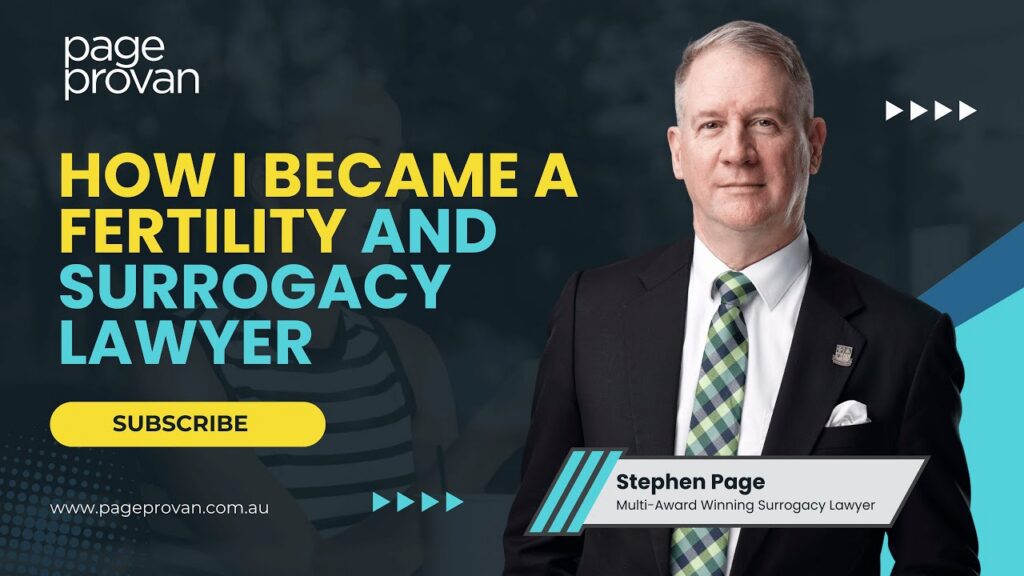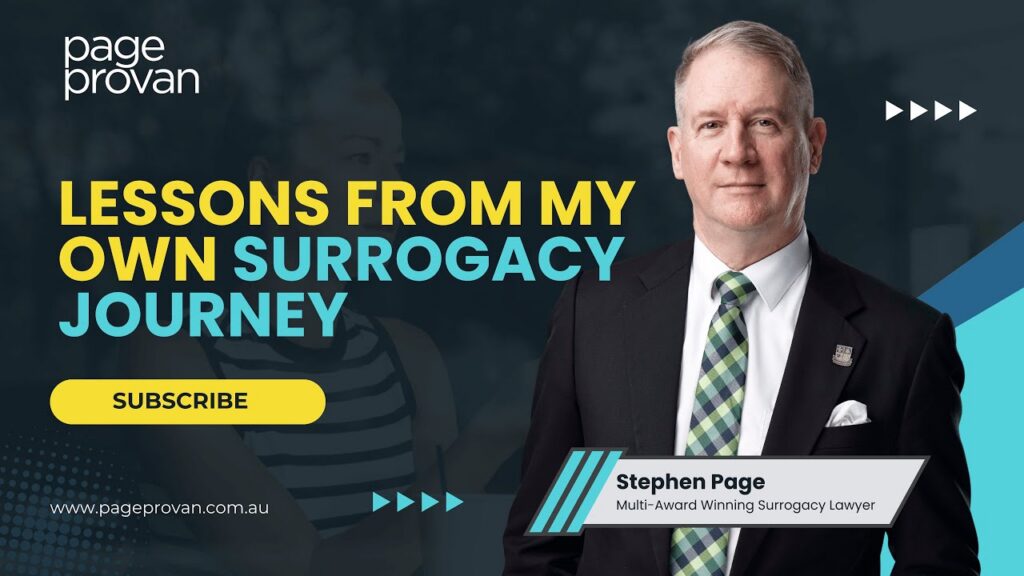Using a divorce coach
One of the hardest things to do when splitting up is to think rationally. Even the most sensible of people wonder whether they are making the right choices, in life or about their kids. Divorce can be the most difficult of times, when often all that appears to be certain and safe suddenly becomes uncertain and potentially unsafe.
A large part of a family lawyer’s role is to help guide clients through this process, including to assist clients make rational and smart decisions, for the benefit of themselves, but especially for the benefit of their children. A good family lawyer does this by focussing on the duty to the client, the duty to the child, and above all the duty to the proper adminstration of justice and to the law.
However, a family lawyer is not a counsellor. Despite our experience in family law (and let’s face it I’ve been doing family law for more years than I care to remember) we haven’t been trained as counsellors, we are often very pressed for time as any family law client can easily attest, and we charge a lot of money. It makes sense to get help from the right person.
Some family lawyers believe that they, and they alone can fix their clients problems. This is a very foolish way of looking at the world, and ultimately does their client a disservice. Family lawyers are not experts on all topics. We are not, for example, financial planners (we are not allowed, unless we are financial planners to give our clients financial advice), mortgage brokers or even counsellors. (Although I do remember one solicitor who thought it appropriate to be the wedding celebrant, and then to act for the wife on the divorce. Only when I pointed out the manifest absurdity of her position did she stop acting as the solicitor for the wife.)
A better approach in my opinion is a holistic one: the family lawyer identifies the problems that need solution, to help the client, and brings in the team to help that client. The team should work together with each other as smoothly as possible, so that as far as is possible a seamless solution is able to be provided to the client. Giving peace of mind to family law clients gives as much certainty as possible, which in turn enables them to relax, which in turn means that they can focus on their lives, including being better parents for their children. A good outcome for everyone.
Before super splitting came along, the usual approach (because the man had the super) was to give the man the super and the woman the house. A lot of lawyers still think like that today. While it might be the right solution for a particular client, with super splitting it might be the completely wrong approach. I am not a financial planner. I refer my clients to an ethical financial planner, where I know that my clients will get the right advice, and enable my clients to make informed choices. This often means that my clients can save a lot of money, either in a better financial outcome in the property settlement and/or resolving the matter sooner, saving substantial legal costs.
Similarly if there is a possibility of a refinance in a property settlement, I refer clients right at the beginning to a mortgage broker, so that I know that my clients are being looked after with the best advice, but more importantly that my clients can then make informed choices, at the beginning, as to whether or not they will be in a position to refinance, and if so, for how much.
The solution varies from client to client. Sometimes in a parenting case it might be to go to mediation. Other times a better solution might be to get a family report from an expert social worker or psychologist. In property settlement cases, the solution might be just to let the parties talk it through, and minimise the involvement of lawyers (except for the finetuning), or referral to an expert valuer or accountant.
I have always referred clients to counsellors but in Australia there is a new kid on the block: a divorce coach. In my view clients should use them. No, this is not someone to tell people to get divorced, but someone to help guide people through the labyrinth following separation. Divorce coaches are becoming more and more common in the US, but in Australia they are rare. So rare in fact that I know of only one: Naomi Douglas. They are so rare, that when I talk to other family lawyers, they ask: “A what?” Founder of Divorce Coach Australia, Naomi is based in northern NSW, but helps clients both locally and long distance.
A divorce coach such as Naomi is able to help people through the emotional turmoil of separation and divorce and get them to think rationally, and focussed on their kids. Unlike some counsellors, divorce coaches like Naomi work with family lawyers, so that clients are able to make clear decisions with clear information. There is little worse than counsellors advising clients to take option A and family lawyers advising clients to take option B.
As Naomi puts it:
The goal is to help you through the emotional minefield and stressful legal issues during this traumatic time in your life, including to help you to:
- think and process information & situations rationally
- cope with intense emotions
- plan and manage the divorce process
- recover from the damage of a difficult relationship
- act in the best interests of the children
- avoid costly mistakes both financially and emotionally
It is not legal advice and it is not therapy. Naomi “gets” what being a divorce coach is all about, and how to help people through the minefield and out the other side safely.
Dr Sanford Portnoy writing in the American Journal of Family Law had this to say about divorce coaches:
Teach Communication Skills.
The coach helps the client to identify roadblocks and provocations not only to contain them, but also because, with appropriate tools, those same moments become opportunities to learn how to resolve and cooperate. Even when the spouses cannot get along generally, there are types of interpersonal exchanges more easily managed than others.













